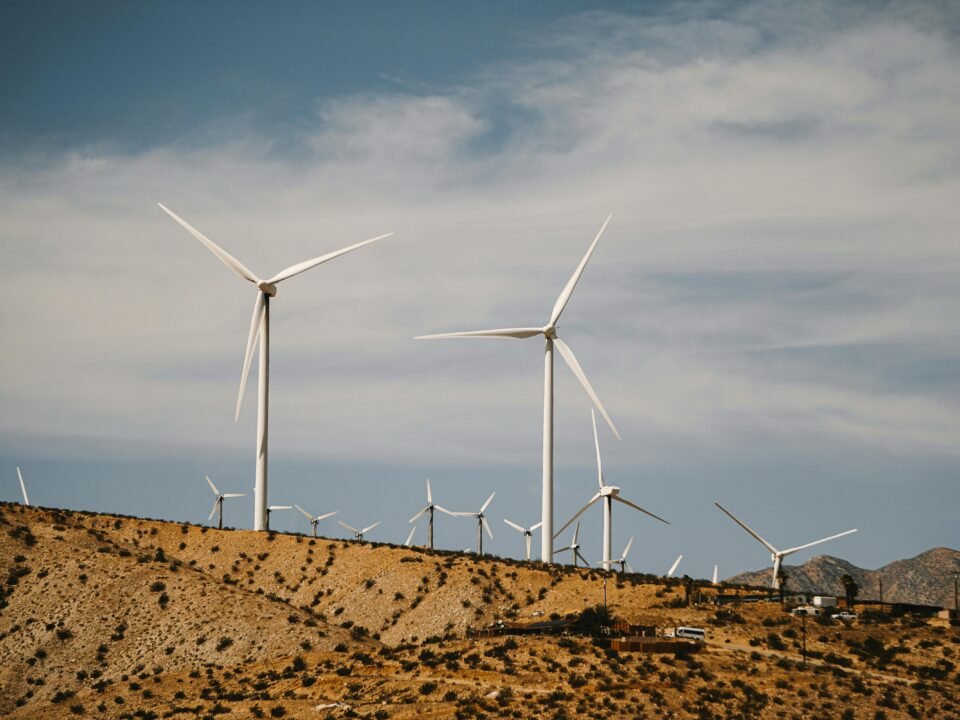Sustainable development has captured the imagination of individuals and companies alike, across the globe. Several innovative minds are striving to offer diverse solutions to environmental issues haunting the world. We bring to you some splendid ideas that came to the fore in 2019.
Cleansing Rivers of Plastic Trash
Plastic trash tends to destroy aquatic habitats when they clog up rivers. Philip Ehrhorn of the Netherlands, along with others, came up with an invention to prevent garbage from flowing into the oceans. The device goes to the bottom of the concerned river. It rests in a diagonal position. Here, it begins to pump air, which rushes through a tube. The pumping causes air bubbles. The bubbles push plastic garbage to the surface. With the aid of gentle shepherding, this trash reaches the banks of the river, where it is collected. The simple device is so powerful that it can help in the retrieval of 80% of plastic.
Microalgae that Yields Protein
Sophie’s Kitchen is famous for providing seafood with a difference. Everything is plant-based. This company offers a novel protein, which can perform several functions. It can prove useful as a dietary supplement. It can come into play as a bio-fuel, cooking oil, etc. A special micro-alga helps in creating this protein. The microalgae require merely 0.02 hectares of land, to grow.
Creating Fertile Soil for Crops
Drought and desertification destroy around 12 million hectares of crop-producing soil annually. However, this will not happen anymore, thanks to the intervention of Desert Control, a company in Norway. The company has created nano clay liquid, a combination of water and earth, for enabling sand to hold moisture. It is easy to spray it into the sand. The liquid must reach a depth of half-a-meter from below the surface. Since the sandy soil can now hold water, it becomes possible to grow crops in it.
Roads that Charge Electric Cars
Such magical roads are the invention of Sweden. Of course, few streets provide this facility currently. However, the inventors hope to do more in the future. One of Sweden’s pathways has an electric rail embedded into it. As an electric car passes over this rail, it helps e-vehicle batteries to recharge. The charge moves from the device to the vehicle via a moveable arm. The bottom of the car has the arm affixed to it. Therefore, whenever the driver of the car wants the batteries recharged, he/she drops the appliance onto the road. Best of all, people can walk on this road without fear. The path itself carries no electric charge.
Reforestation through Drones
Dendra Systems of UK thought of using numerous drones to plant seeds into the ground. These drones behave like guns! They fire biodegradable pods filled with seeds into the ground. The firing is excessively rapid (150 times speedier than traditional methods) and accurate. The company has the ambition of planting at least 500 billion trees, wherever deforestation has taken place.
Creation of Eco-Concrete
It is the perfect way to replace existing building materials. Eco-concrete is the brainchild of civil engineering students from the University of The Philippines. This novel type of concrete is a combination of common rock material, recyclable waste glass, and recyclable fly ash.
Cassava Bags to Replace Plastic Bags
Plastic bags take around 400 years to biodegrade. In contrast, cassava straws and handbags tend to take just a few months. The reason is that they owe their origin to plant material. This material is the starch found in the roots of Cassava trees. It is a marvelous alternative to corn and other edible crops, which also go into the making of bio-plastics. These crops may cause disruptions in the ecosystems’ food chains. Therefore, Green Hope, the Malaysian-based organization, obtains cassava from Indonesia, where it flourishes, and manufactures these unique bags. Fortunately, cassava is not a staple food in Indonesia. Therefore, food chains remain intact.
Recycling of Clothes
People do not hesitate to throw any and every kind of trash into landfills, including used clothes! Teemill, a UK-based company, decided to do something about the matter. It creates new T-shirts from the castaways. Additionally, these T-shirts are recyclable. Best of all, the entire supply chain uses renewable sources of energy for functioning.
Solar Power Generates Intensive Heat
Heliogen is a start-up company. It has taken recourse to artificial intelligence, to concentrate solar energy for providing maximum heat. As a result, it becomes possible to create heat worth 1,000 degrees Celsius. This quantity of heat proves extremely useful for industries manufacturing cement, steel, etc. These industries require large amounts of energy.
Coffee Wastes to Become Car Parts
Ford and McDonald’s have come up with the unique idea that they can convert coffee wastes into bioengineered car parts. This way, less food waste will enter landfills. Secondly, the car parts will require less petroleum to run, and be lightweight.




